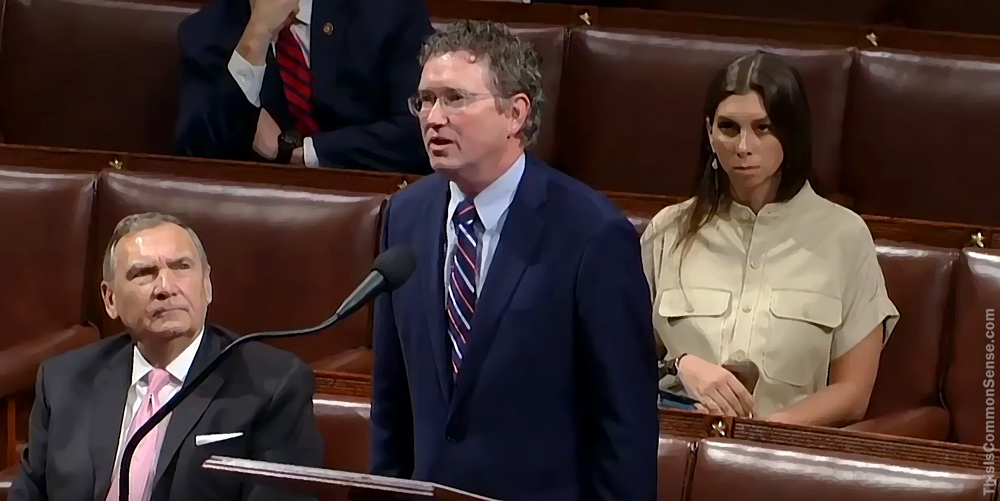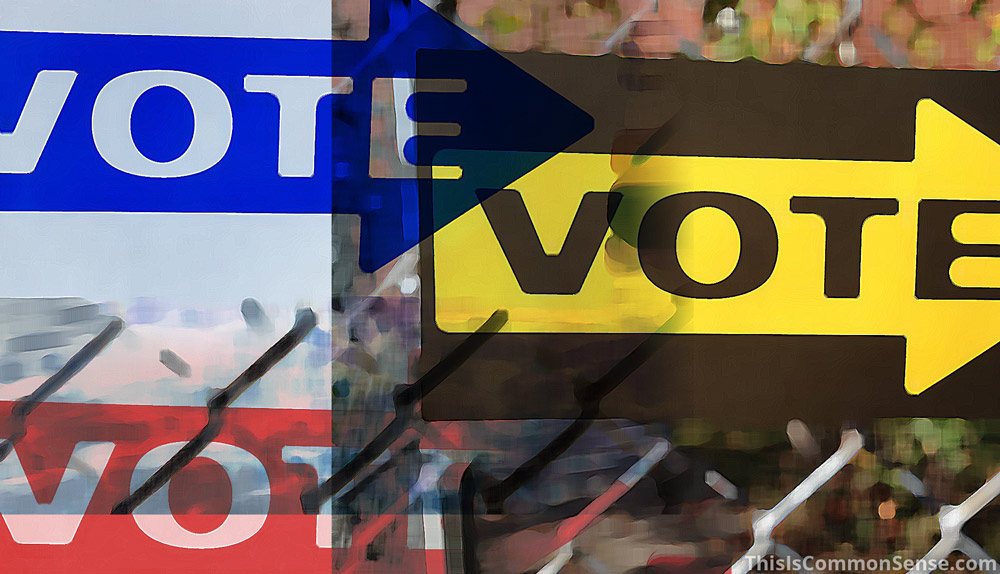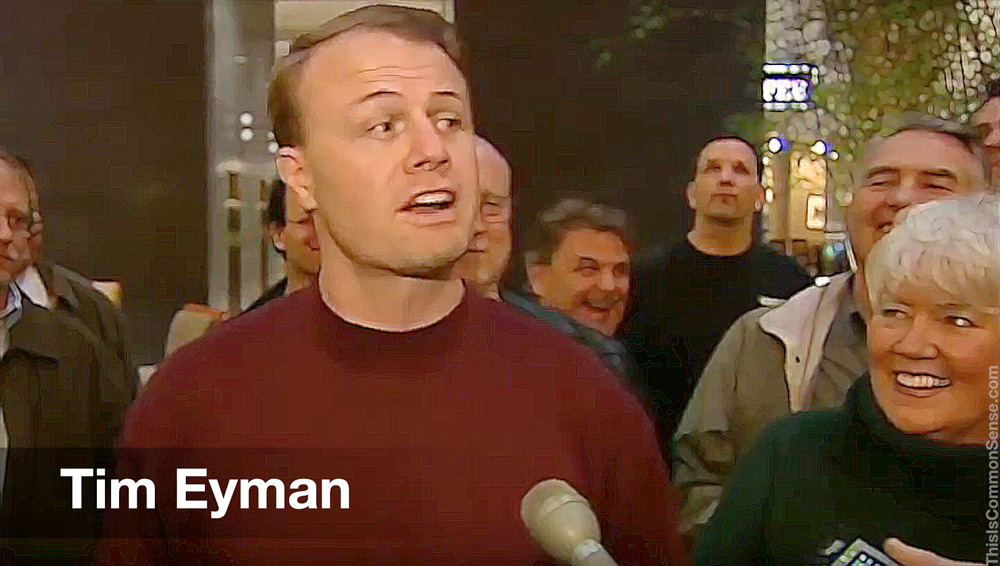Want to know how Washington works?
Or doesn’t work?
Drafting legislation to provide COVID (and COVID lockdown) relief, President Joe Biden and Congress contemplate just how big to make the next round of government checks sent to “the inhabitants of America.”
And which folks to send the freshly printed moolah.
“Something very weird is happening,” explains Washington Post columnist Paul Waldman. “On one side you have Republicans and conservative Democrats saying people at higher incomes don’t deserve this government help. On the other side you have liberals advocating that higher-income people should share in this largesse.”
Including socialists Sen. Bernie Sanders and Rep. Alexandria Ocasio-Cortez.
“So if I were Biden,” Waldman advises, “this is the argument I’d make to [conservative Democratic Senator] Manchin:
1. People like it when you give them money. A lot.
2. The more people we give money to, the more people will be pleased with us.
3. That will improve our chances of keeping control of Congress in 2022 and the presidency in 2024.
4. If we keep control we’ll be able to do more of the things you want to do. If we lose control, we won’t be able to do anything. . . .”
Translation? Stay in power by buying votes.
Seems the advice you’d get from a sleazy political consultant, not a newspaper columnist.
Biden and senior Democrats have also unveiled a plan to pay parents up to a certain income over $50,000 per child from birth to 17 years of age.* One obvious benefit? “Its execution could also prove crucial to deciding Democrats’ ability to maintain control of Congress,” informs The Post, “given its likely direct impact on the lives of tens of millions of voters.”
This is our direct-deposit Republic.
But not Common Sense. I’m Paul Jacob.
* The Democrats’ plan came just “days after Sen. Mitt Romney (R-Utah) surprised policymakers with a proposal to send even more in direct cash per child to American families.”
—
See all recent commentary
(simplified and organized)










